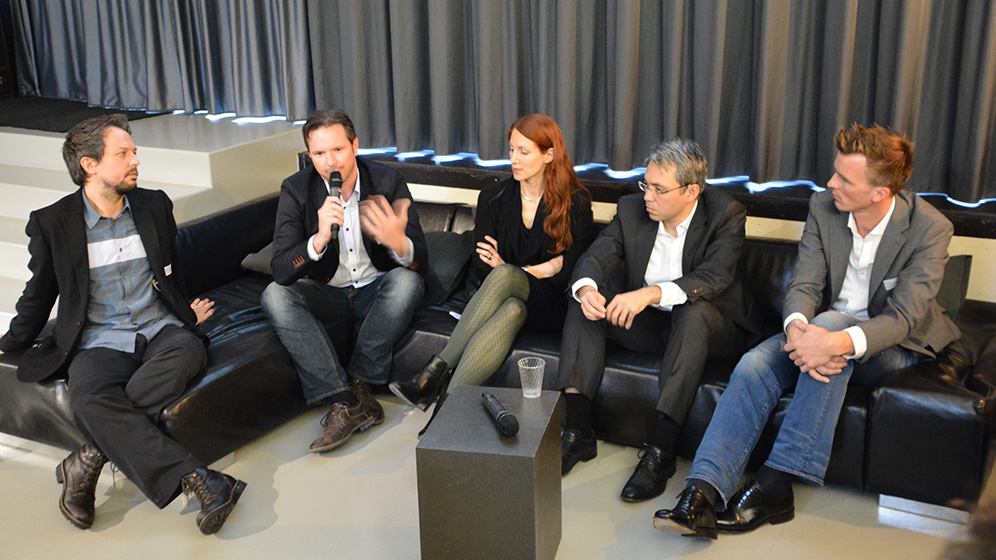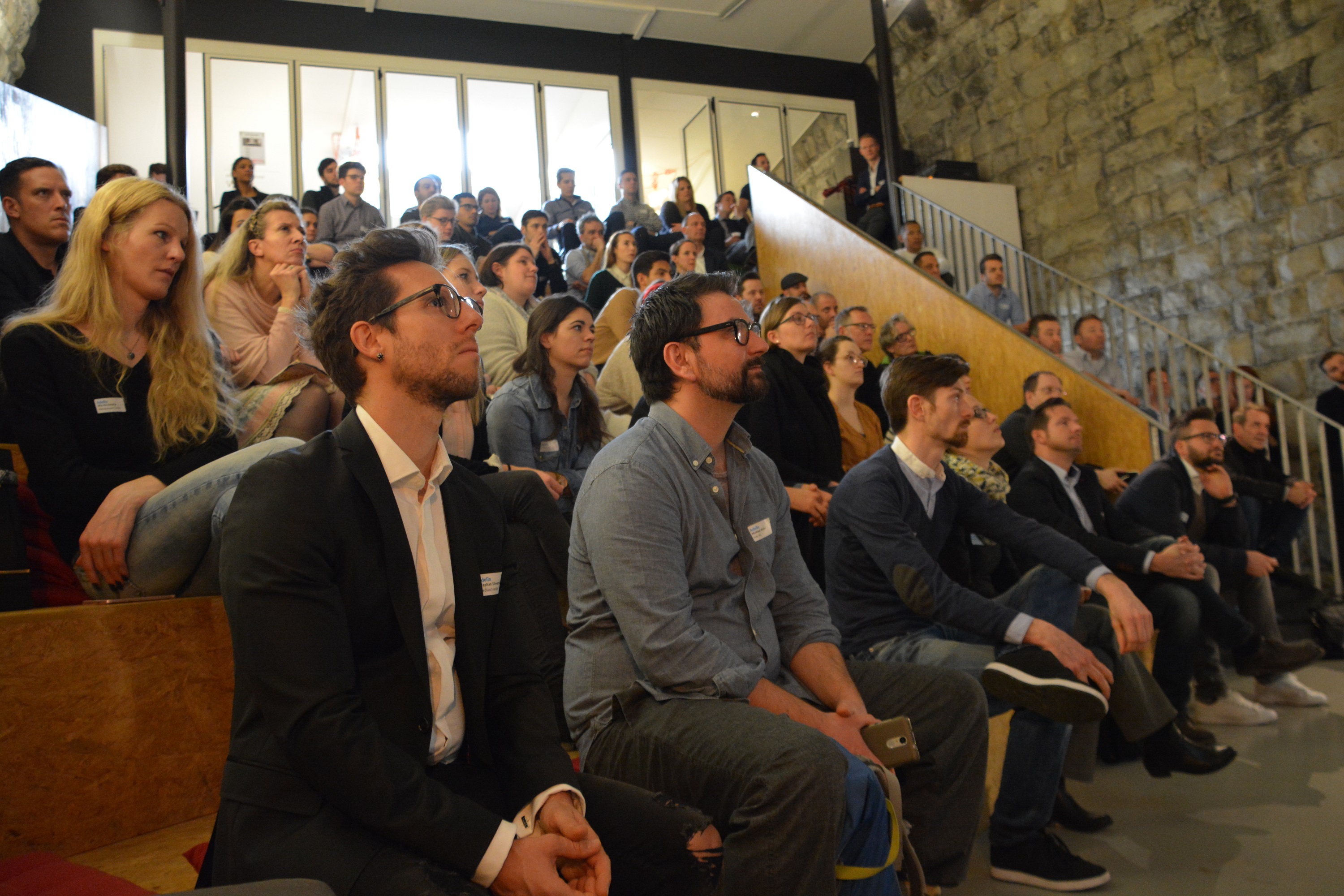Bot or Not? or "The Importance of Viewability and Fraud Prevention".
On Thursday, another Adello mobile event took place in the Zurich Hub at the Viadukt. Around 100 representatives of the most important Swiss agencies and advertisers were given exciting perspectives on the topic of quality assurance of digital advertising campaigns in the age of Programmatic Advertising. Renowned experts shared their views, strategies and future visions on how to deal with insufficient visibility of ad impressions and fake traffic.

As an introduction, Adello Country Manager Sandor Laczko explained why Adello is dedicating an entire event to the topic of bots. Irregular fake ad traffic not only wastes advertising budgets, but also fundamentally threatens trust in digital campaigns and thus in the entire digital advertising industry. Originally created from relatively simple scripts, bots have developed into sophisticated viruses and become the growth driver of an entire criminal industry. This industry is primarily active where advertising budgets flow, which is why the mobile touchpoint is also increasingly being targeted by hackers. Laczko concluded with the thesis that only a combined protection of fraud detection and viewability measurement offers optimal security for mobile campaign planning and maximum advertising performance.
Cybercrime
CandidWüest, Threat Researcher at Symantec, clearly showed in his presentation why profit is the central motivation of cyber criminals and why they have discovered the digital advertising industry for themselves at the latest since the advent of programmatic advertising. Using global examples such as the recently uncovered "Methbot" case, the digital threat expert led the audience through the world of cybercrime and left a clear picture of the current threat situation for the local and international digital advertising industry.
The qualitative challenge for digital advertising campaigns is also the focus of the WEMF. In his presentation, Marc Sele showed where Switzerland stands in international comparison with regard to viewability measurement and why a traditional advertising research institute such as WEMF can no longer avoid the topic of viewability and brand safety certification. Using the example of the still missing standards for mobile viewability, Sele also pointed out the need for internationally valid industry standards as well as appropriately tested technological solutions, such as those from Adello, for measuring viewability.
"Everyone should own a Defender"
But how do you prevent this growing threat in the age of programmatic advertising? Mark Forster, CEO and Founder of Adello, gave the first public insight into Adello's latest product development. After a long development phase, this year saw the launch of "AdCTRL Defender," a three-step viewability and fraud detection program for third-party mobile advertising campaigns. The Defender software is based on the company's broad internal experience in the fight against ad fraud. "Just as almost everyone today has antivirus protection on their PC or laptop, everyone who has anything to do with advertising should have Defender," Mark Forster explained at the trade event.

In the panel discussion that followed, the panel of experts was joined by Lennart Hintz (CEO MediaCom), Silvan Merki (Head of Market Communications PostFinance) and Remo Baumeler (Managing Director Audienzz). The guests agreed that the problems of ad fraud and ad viewability are very topical and will become increasingly relevant in the future. The awareness for monitoring has to adapt so that companies can react, Hintz explained. Forster raised the question of whether the industry is ready to be able to measure accurately and award certificates. Sele echoed the Adello CEO's points and tried to clarify that WEMF was not trying to set a market standard for certificates either.
Lowest risk, highest margin
When it came to the claim of 100 percent viewability, the panel guests were quickly able to agree that this requirement was pure utopia, although it was demanded by certain parties in the international arena. Forster explained that it is important to set standards in this way and to constantly adapt them. Only in this way can the work of fraud operators become an impossibility. Ad fraud is still the form of fraud in the cyber sector, with the lowest risk and the highest margin, Hintz added. The industry's challenge is evident in what Forster called data silos, he said. As long as everyone sits on their data and defends it, you make the entire industry vulnerable, he said. So the philosophy, he said, is in the direction of open data, where you share as much data as possible to not only make accurate measurements, but also to be able to set the standards we've been talking about.
This year's event is part of the traditional event series of the host Adello, where in previous years attempts were made to transfer thought leadership to the Swiss market on topics such as "Technology Driven Advertising" and "Data vs. Creativity". Once again, the reactions from the audience were very positive and the chosen topic, as well as the speakers and the panel discussion, met with much approval.








